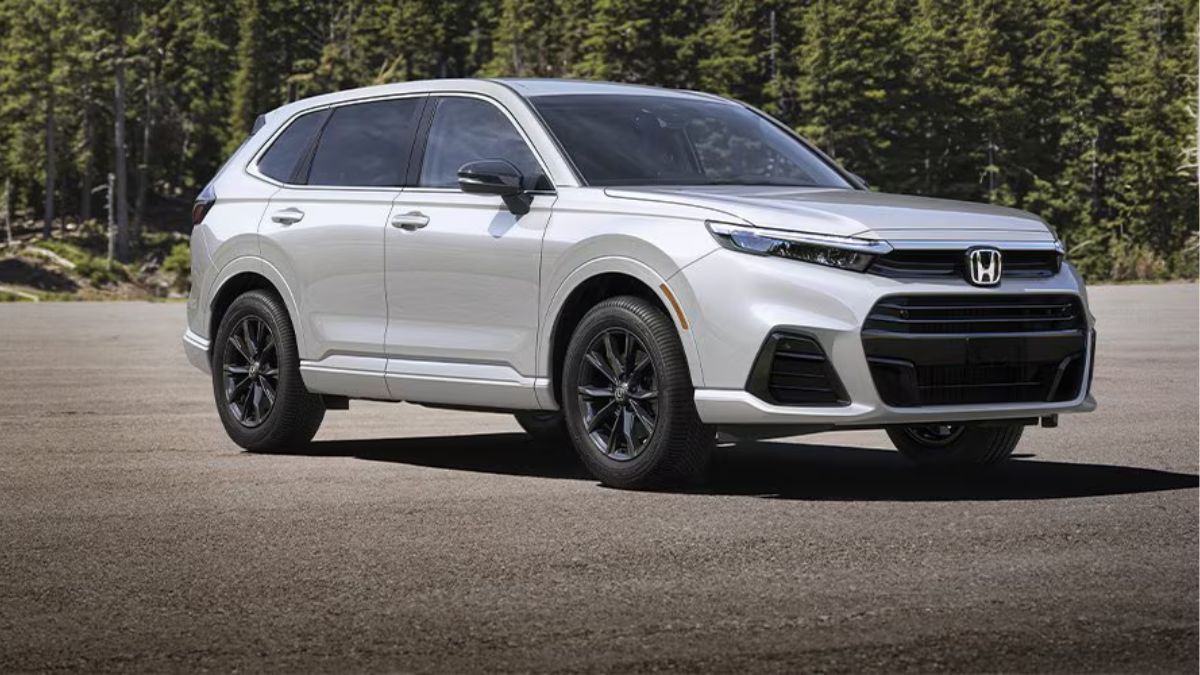Are hydrogen cars safe? Many people ask this when looking for cleaner options than gasoline or even electric cars. The simple answer is yes. Hydrogen cars have gone through a lot of testing and are proven safe in real-world use. Even though hydrogen is highly flammable and stored under pressure, these cars are built with strict safety systems and strong engineering. In fact, hydrogen fuel cell vehicles (FCEVs) are often just as safe — or even safer — than traditional fuel cars.
How is Hydrogen Stored Safely in Cars?

One of the main concerns people have is how hydrogen is stored in cars. Hydrogen fuel cell vehicles (FCEVs) store it in high-pressure tanks, usually at 700 bar (around 10,000 psi). But these tanks are not fragile — they’re made from carbon fiber reinforced plastic, which is much stronger than steel.
To ensure safety, the tanks go through tough tests like crash impacts, punctures, drop tests, and extreme temperature changes. Even if a serious accident happens, the tanks are designed to release hydrogen safely in a controlled way, avoiding any risk of explosion.
Why Hydrogen’s Physical Properties Make It Safer
Another important factor in hydrogen car safety is the nature of hydrogen itself. Hydrogen is the lightest element — much lighter than air. This gives it a big safety advantage. If there’s ever a leak, hydrogen quickly rises and escapes into the atmosphere, which reduces the risk of it gathering and catching fire.
This is very different from gasoline vapors, which are heavier than air and can collect on the ground, increasing the chance of a fire. Although hydrogen can ignite more easily and has a wider flammability range, its fast dispersion in open air makes it much less risky overall.
Safety Systems in Hydrogen Cars
Hydrogen cars come with several smart safety systems to keep passengers protected. They have advanced sensors that constantly check for any hydrogen leaks. If a leak is detected, the system automatically shuts off the fuel supply, stopping more hydrogen from escaping.
These cars also have pressure relief devices (PRDs) as an extra layer of safety. If the tank pressure gets too high — like during extreme heat from a fire — the PRDs safely release hydrogen in a controlled way. The gas is vented upwards, away from passengers and important parts of the car, reducing any risk of danger.
How Hydrogen Cars Stay Safe in a Crash

Hydrogen cars are specially designed to stay safe in a crash. The hydrogen tanks are placed in the safest parts of the car, protected by the strong vehicle frame. Crash sensors can detect a collision in milliseconds and instantly close the tank valves to stop any hydrogen from leaking.
Just like other modern cars, hydrogen vehicles go through strict crash testing. These tests show that hydrogen cars provide the same level of protection for passengers as regular gasoline or electric cars. The design ensures that both the people inside and the hydrogen system stay safe, even in serious accidents.
Decades of Experience Make Hydrogen Safer
It’s important to know that hydrogen isn’t new as a fuel. Industries have been safely handling and transporting hydrogen for many decades. Thanks to advancements in materials and engineering, it’s now safely used in cars too.
There are also strict international safety standards like UN ECE R146, along with national rules, to make sure hydrogen vehicles are as safe as possible. These standards cover everything from how tanks are built to how the fuel system should respond after a crash, ensuring maximum safety at every step.
How Hydrogen Fires Are Managed in Cars

One concern with hydrogen is that its flame is invisible, but modern hydrogen cars (FCEVs) are designed to handle this safely. They have special sensors and smart designs that help prevent ignition in the first place. And if a fire does start, the systems make sure the hydrogen is quickly and safely released.
Unlike gasoline fires, which burn for a long time and produce toxic smoke, or the battery fires in some electric cars, a hydrogen fire is usually short and burns out quickly because the gas disperses fast into the air.
Final Thoughts: Are Hydrogen Cars Safe?
In conclusion, the question “are hydrogen cars safe” can definitely be answered with a yes. These cars are built with strong, well-protected tanks, advanced safety systems, and benefit from hydrogen’s natural ability to disperse quickly if there’s a leak.
On top of that, ongoing research and strict safety regulations make sure hydrogen cars remain a secure and reliable clean energy option for the future.

